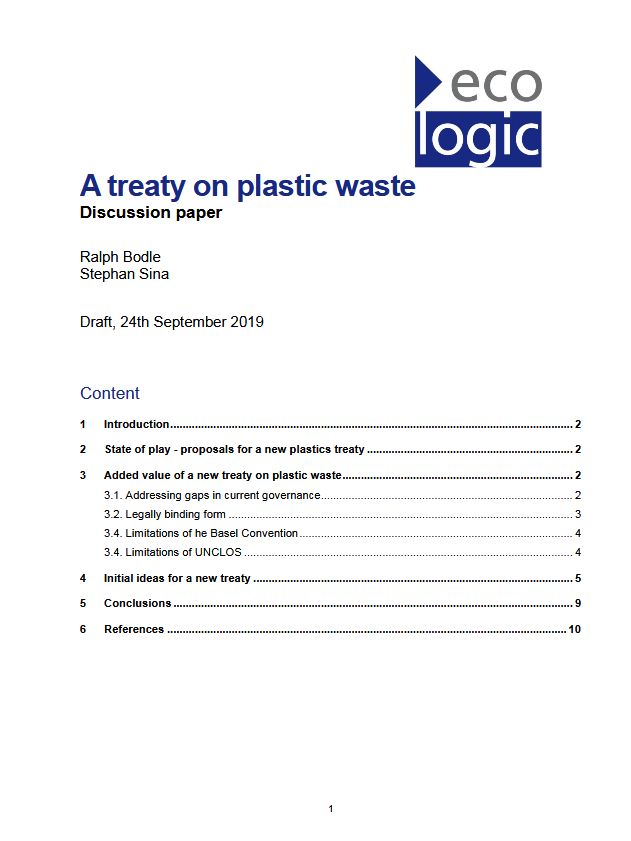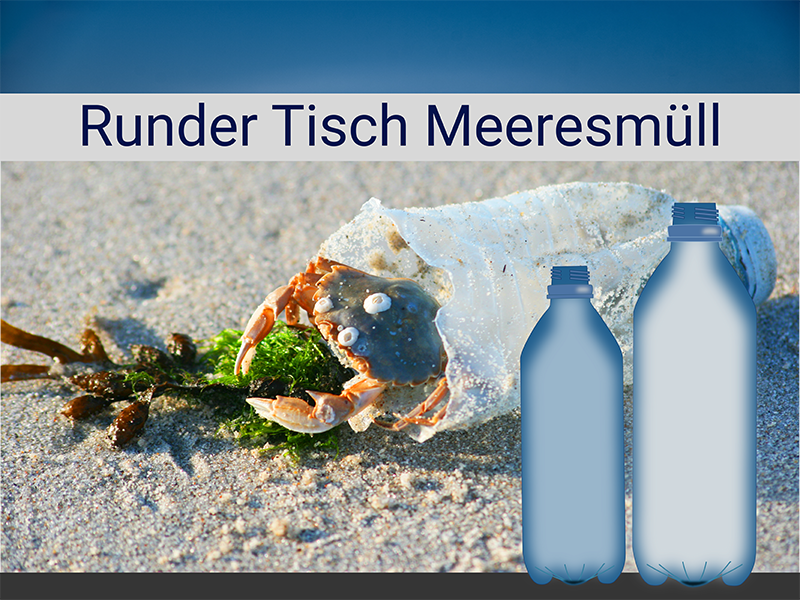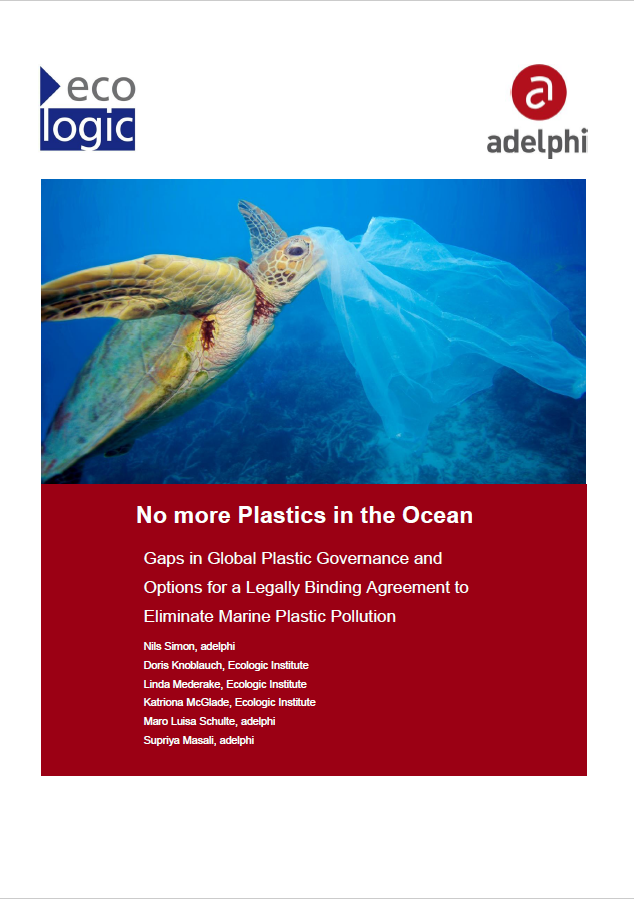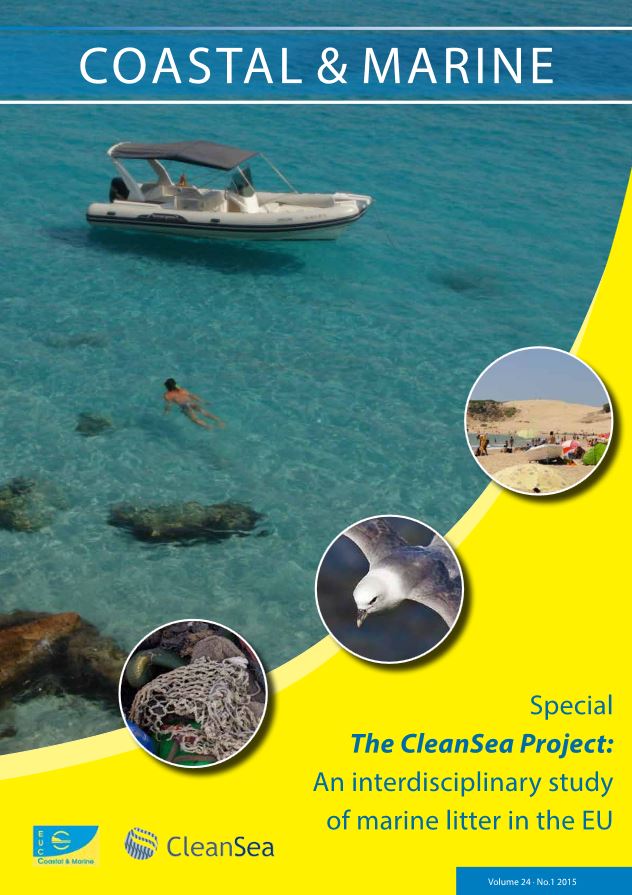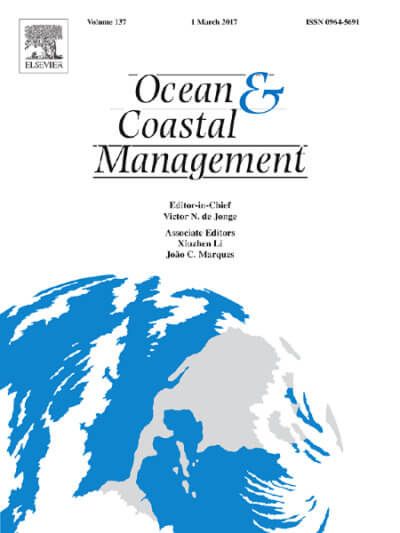Prior to the outbreak of COVID-19, the issue of plastic waste was a hot topic and public pressure on policy makers to reduce levels of plastic in the environment was high. But now, sales of disposable products such as plastic gloves and masks are on the up. In light of the COVID-19 crisis, the benefits of (disposable) plastics in the healthcare industry are obvious. However, it's crucial that these products are disposed of correctly and do not end up on sidewalks and doorways, as can now often be observed.
Shopping plastic-free has also become more difficult due to the Corona lockdowns. For example, due to health concerns, retailers are no longer accepting reusable coffee cups. And, with the closure of cafés and restaurants, consumers are more dependent on to-go packaging and on supermarkets, where disposable plastic packaging is widespread. Simultaneously, pressure groups such as the European Plastics Converters (EuPC) are campaigning for the lifting or at least the postponement of the restrictions on disposable plastics in the EU. However, the European Commission has made it clear that the deadlines for the EU-wide ban on disposable plastics under the so-called Disposable Plastics Directive remain valid and must be met.
In their article Shaping EU Plastic Policies - The Role of Public Health vs. Environmental Arguments, Linda Mederake and Doris Knoblauch examine the role of health arguments in the adoption of this directive.
Even before Corona, plastic-free shopping was already fraught with difficulties for consumers. A discussion paper, which was developed within the framework of the project "PlastikNet", explains why the scope of action for citizens is limited. In this project, Ecologic Institute is supporting the BMBF research focus "Plastics in the Environment".



